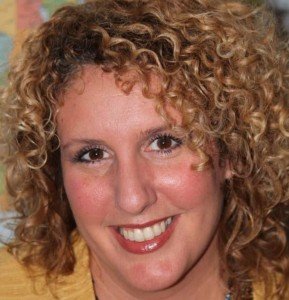
Yes, that sweet student who politely greets you and leaves an apple on your desk can also be one of your school’s meanest bullies — without you having a clue.
Maybe that bully sincerely likes the teacher, perhaps regarding the teacher as a “cool adult.”
Another possibility is that the bully-in-disguise is only pretending to be a model student in that particular teacher’s class — to more easily be believed should any classmates complain.
A third scenario is that the bully is fearful that the teacher, if they learn of the student’s true nature, will create a very negative consequence.
For example, perhaps the teacher is also the coach of the cheerleading squad for which the bully wants to be a part of.
How can a teacher spot a bully in disguise?
“The only way a teacher can tell a ‘nice’ kid is really a bully is to keep their eyes and ears open wherever students interact,” says Kate Walton, a former public school teacher who has developed some very effective anti-bullying strategies for schools, and who speaks to schools and universities on the topic of “The Power of Human Kindness.”
A mother of two, Walton is also the author of the young adult novels about bullying, “Cracked” and “Empty.”
Walton explains, “Constant and consistent vigilance is key.
“Teachers will see and hear things – positive, upsetting and surprising things.
“What counts is what the adult does with the upsetting or disturbing things overheard.
“When bullying is witnessed by the teacher, it is his/her job to address it.
“No matter what. Teachers simply can’t shy away from facing or addressing bullying. The perceived ‘niceness’ of the bully is irrelevant.
“No one is perfect, and even the ‘nice’ kid makes mistakes.
“Use the situation as a teachable moment for the student, an opportunity for him/her to grow as a human being. How?
“Have a purposeful and crafted conversation. Acknowledge and discuss what they did wrong, let them know how their bullying affected the other student.
“Talk about what compassion looks and sounds like. Praise them when they give it a go.
“Many students—even the ‘nice’ ones—need to be explicitly taught how to think of others, to be kind and compassionate.”

 A mother of two,
A mother of two, 







































